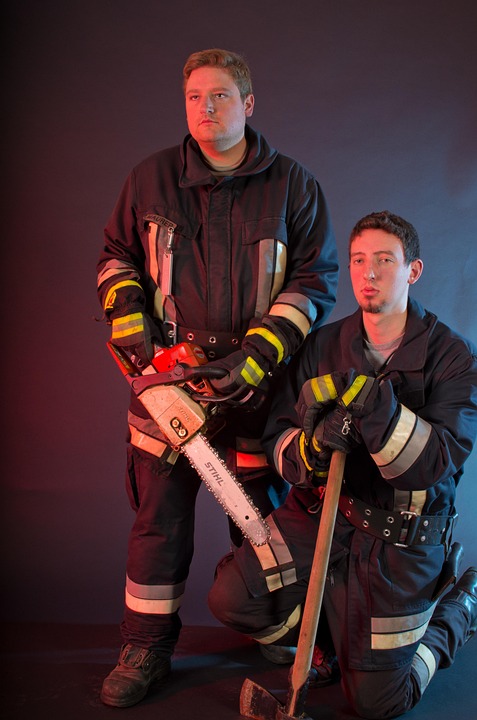Navigating Your Career Path: A Comprehensive Guide to Becoming a Firefighter in the UK
Embarking on the journey to become a firefighter in the UK is not merely a career choice; it’s a commitment to serving your community, facing challenges head-on, and embracing a life filled with excitement and unpredictability. The path is diverse, laden with opportunities for personal growth and professional development. Here’s a guide to help you navigate this rewarding career.
The Essentials: Qualifications and Requirements
To get started, it’s crucial to understand the basic qualifications and requirements you’ll need. Generally, candidates must be at least 18 years old and possess a good level of physical fitness. A minimum of GCSEs in English and Maths (or equivalent) is typically required. However, many fire brigades place a strong emphasis on personal attributes such as resilience, teamwork, and a genuine desire to help others.
-
Physical Fitness: This cannot be stressed enough. Firefighting is physically demanding. Regular fitness training, cardiovascular exercises, and strength training will prepare you for the rigorous fitness tests.
-
Educational Background: While GCSEs provide a foundation, many fire services now value additional qualifications, such as BTECs or NVQs in relevant fields. Consider pursuing courses in health and safety, first aid, or fire science to enhance your knowledge and CV.
-
Personal Qualities: Firefighters are often the first responders in emergencies. Attributes like empathy, decisiveness, and the ability to stay calm under pressure are invaluable. Volunteering or engaging in community services can help develop these skills.
The Application Process: What to Expect
Once you’re ready to apply, brace yourself for a competitive process. Each fire service has its own recruitment procedure, but they generally share a common framework.
-
Online Application: Submit your application through the fire service’s official website. Tailor your CV and cover letter to highlight your relevant experience and skills.
-
Assessment Centre: If your application is successful, you’ll be invited to an assessment centre. Expect a variety of tests that evaluate your physical fitness, problem-solving abilities, and teamwork skills.
-
Interview: This is your chance to shine. Prepare to discuss your motivations for joining the service and how your personal experiences align with the values of the fire brigade.
Training: From Cadet to Firefighter
Upon successful selection, you’ll enter an intensive training programme. This phase is not just about learning to put out fires; it’s about understanding the science behind fire behaviour, safety protocols, and community engagement.
-
Initial Training: This usually lasts several weeks, combining classroom-based learning with practical skills training. You’ll learn about equipment, emergency response strategies, and fire prevention.
-
Probation Period: After training, new recruits typically undergo a probationary period. During this time, you’ll be paired with experienced firefighters, gaining hands-on experience while receiving mentorship and guidance.
-
Continuous Development: The learning never stops. Firefighters are encouraged to pursue additional qualifications and specialisms, such as hazardous materials handling or fire investigation, which can enhance your career prospects.
Specialisation and Career Growth
As you settle into your role, opportunities for specialisation arise. Each firefighter has the chance to carve out their niche, whether it’s in rescue operations, fire safety education, or community outreach.
-
Advanced Roles: With experience, you may aspire to become a team leader, station officer, or even a fire safety inspector. Each role comes with increased responsibilities and the chance to make a larger impact.
-
Training Others: Experienced firefighters can transition into training roles, passing on their knowledge and skills to the next generation. This can be incredibly rewarding and allows for personal growth while giving back to the service.
-
Transferable Skills: The skills you acquire as a firefighter are valuable in numerous other fields, from emergency management to public safety consultancy, should you ever wish to explore new horizons.
Final Thoughts: Your Journey Awaits
The path to becoming a firefighter in the UK is undoubtedly challenging, yet immensely fulfilling. It demands dedication, resilience, and a heart for service. With the right qualifications, a commitment to personal development, and a willingness to embrace the unpredictable nature of the job, you can carve out a successful career in this noble profession. Remember, CVPortal is here to continually provide you with high-quality CV references to help you on your journey.


